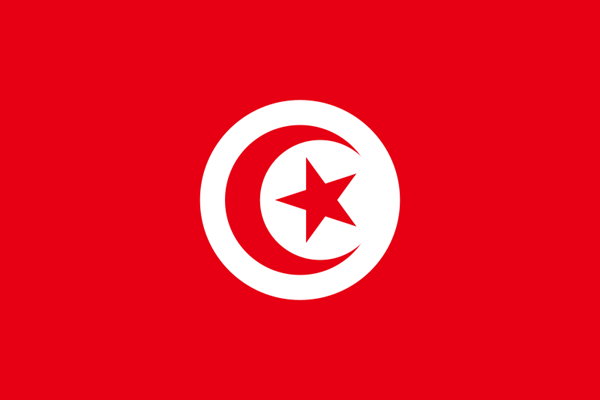Login form
Customs of Tunisia
 Marriage and Family
Marriage and Family
Marriage is considered a union not only between individuals but also between two families. Traditionally, marriages were arranged by the parents, but young people now have increasing opportunities for meeting and getting to know one another independently. Polygamy, although allowed under Islamic law, has been illegal since
The extended family remains central to Tunisian society. Family honor, reputation, and the principle of mutual support remain important values. Traditionally, men have dominated the household, but today it is common for men and women to have equal authority.
Eating
Couscous is
Eating from a common plate is customary. Traditionally, Tunisians eat with their fingers, sometimes using bread to gather food or mop up sauces. But Western-style eating from separate plates using cutlery is equally common. In some traditional homes, people sit on the floor around a low, round, wooden table at mealtimes. A host will often insist that guests have second or third helpings, and it is polite for guests to accept. When people have eaten enough, the word el-Hamdullah (“Thanks to God”) indicates they have had a good meal. Burping after a meal is considered rude. In restaurants, a service charge is usually included in the bill.
Socializing
Greetings are important in
Unlike those in most Islamic countries, Tunisians generally do not have customs for what is appropriate for the right and left hands, and tend to use both freely. People of the same sex touch one another to emphasize speech and communicate warmth. Friends of the same sex often walk hand in hand, but it is inappropriate for men and women to do so. Foreign visitors are expected to dress conservatively (covering knees and upper arms).
Family and friends visit one another frequently and unannounced—often in the late evening. Visits can last several hours and guests are usually invited for a meal. Guests should always at least sample some of the food and drink offered, in order to avoid causing offense. Invited guests might bring gifts of fruit or chocolate (but never alcohol), and it is common for first-time visitors to be given a tour of the host’s home, especially when a new room or new furniture has been added. The word Mabrouk is used to congratulate people at weddings or graduations, or on getting a new job or buying a house.
Recreation
Listening to music, watching films (increasingly on video cassette recorders), going to the beach, playing soccer and beach volleyball (mostly men), and visiting friends and relatives are among the most popular leisure activities. Many people enjoy shkubbah, a traditional card game. Summer arts festivals are organized throughout the country and attract large crowds. Cafés are popular among men, who gather to play cards, discuss sports and politics, conduct business, and drink coffee. Women do not usually go to cafés unless in the company of male relatives.
Holidays and Celebrations
Secular holidays follow the Western calendar, while religious holidays follow the Islamic lunar calendar, and fall on different days each year. The most important holiday period is the month of Ramadan, during which Muslims fast from sunrise to sundown, breaking the fast when night falls to participate in lively evenings that involve special foods, carnivals, shopping, and celebrations. During Ramadan, non-Muslims are not expected to fast, but in nonresort areas they may cause offense if they eat or drink in public, or if they seek to join in the evening Muslim celebrations.
Aid Esseghir, a two-day holiday, marks the end of Ramadan. People wear their best clothes to visit friends and relatives, and they exchange gifts of pastry. Other holidays include Ras el Am el Hejri (Islamic New Year), El Mouled (Prophet Muhammad’s birthday), and Aid el Kebir (commemorating Abraham’s willingness to sacrifice his son).
Secular holidays include International New Year’s Day (1 January), Independence Day (20 March), Martyrs’ Day (9 April), Labor Day (1 May), Republic Day (25 July), Women’s Day (13 August), and Evacuation Day (15 October, the day in 1963 when the last of the French troops returned to France).
Source: Encarta Interactive World Atlas

